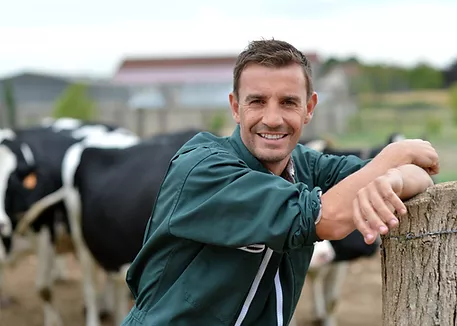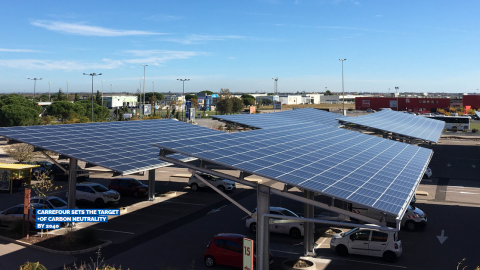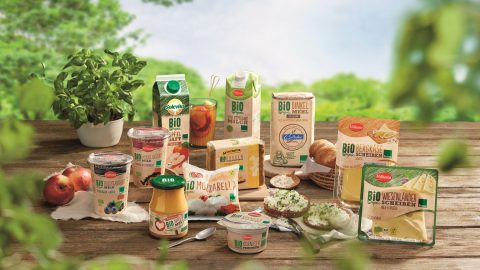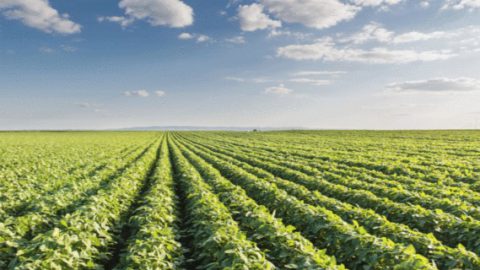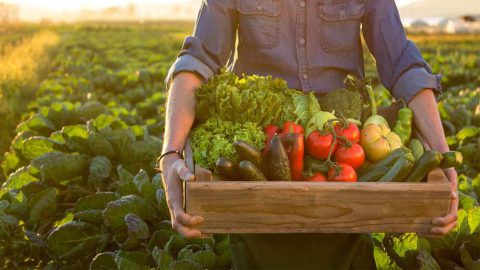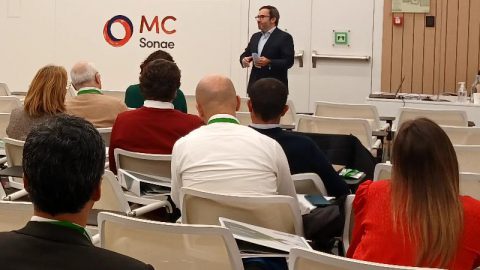Sustainability Cooperation
Food retailers and wholesalers have, over the years, invested in supporting local farmers and food suppliers in offering choice to consumers and encouraging sustainable as well as local production. Schemes such as dedicated supplier networks, tri-partite contracts and voluntary initiatives help address emerging trends and often include a direct reward to farmers investing in these changes. Furthermore, retailers and wholesalers help their suppliers enter new markets in the EU and support them in scaling up.

